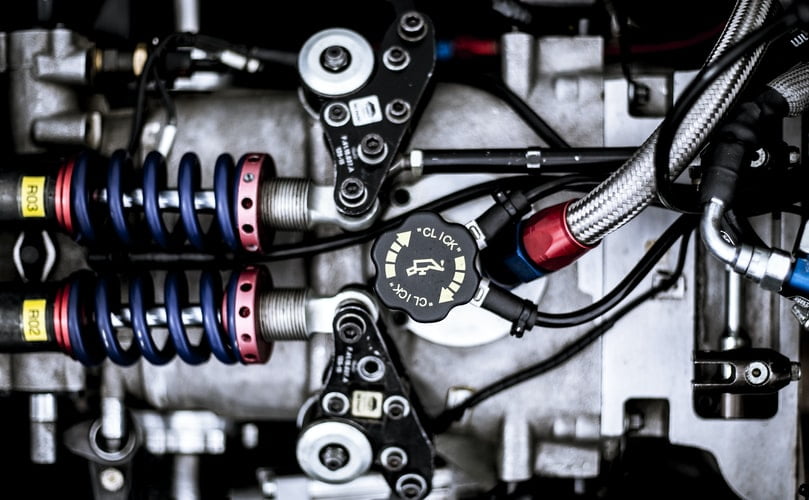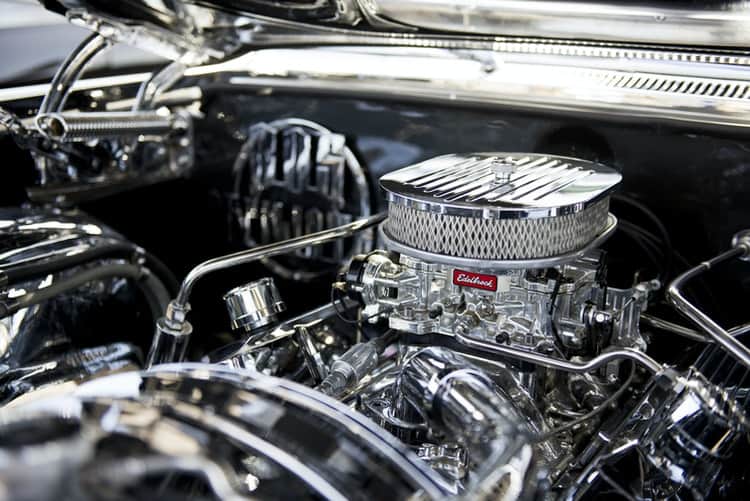We’ve all heard the sounds – the bang, clang, clunk of a noisy radiator. Whether it’s keeping you up at night, disturbing your weekend lie-in, or interrupting your favorite film, a noisy radiator is an unwelcome disturbance.
Here are some top tips for how to fix a noisy radiator.
Bleed Your Radiator
More often than not, the cause of a noisy radiator is trapped air. When the air becomes trapped in a radiator, it rises to the top, forcing the water to the bottom. As the water attempts to fill the radiator, it battles with the air, causing the gurgling, loud noises that are disturbing you. As well as the noise, the lack of space for hot water will mean your radiator is not performing.
Find your radiator key and bleed your radiator. This will release the air and, hopefully, resolve any noise issues.
Listen for the Hiss
If your radiator is making a hissing noise, there are two likely causes. The first is that the bleed valve has been left slightly open. Get a rag and bleed the radiator to release all the trapped air. Make sure to tighten the valve after.
The other cause could be a pinhole leak. This means that there is a tiny pinhole in the actual body of the radiator. The pressure in the radiator will be forcing air or water through the small hole, creating a hiss. Unfortunately, though there are some short-term fixes, you will eventually need a new radiator. This can be a good time to update your radiator style. Leading radiator designers, such as UK-based Stelrad, have a wide range of designs and sizes to explore.
Limescale Build-Up
If it sounds like there is sloshing water or grit in your radiator, it may be due to a build-up of limescale and sludge. This is particularly likely if you live in a hard water area. The limescale and dirt attach themselves to the inside of the radiator, pipes, and valves. The water then sloshes against it as it pushes through and the dirt scrapes along with the metal.
The solution requires a heating engineer to add an inhibitor to your system to break down the limescale. The engineer will then flush the system and add a scale reducer. The situation should then be checked each time you have your annual boiler service.
If the limescale is years old, it may not break down. In this case, you will need a new radiator.
It’s the Pipes
Though it may sound like your vertical radiator is the issue, sometimes it is the pipes running nearby causing the noise. If pipes are not secured properly, they can knock against joists, or other surfaces under the floorboards, as they expand and contract.
Listen carefully to where the sound is coming from. If you do identify the source as the pipes and it is irritating enough to tackle, you will need to take up the floorboards to access the pipes. Wrap felt around the pipes where they encounter any surfaces. This will dampen any noise.
If this does not do the trick, another option is to replace your metal pipes with plastic.
Heavy Metal
Don’t forget that most of your central heating system is made from metal: pipes, valves, radiators, boilers… The metal expands and contracts with changes in temperature, so some noise is to be expected. This is especially true when the system gets started in the morning. However, if the clicking, tapping, and creaking are significant, and you can’t resolve it yourself, it is always best to contact a plumber.
Read Also:
































